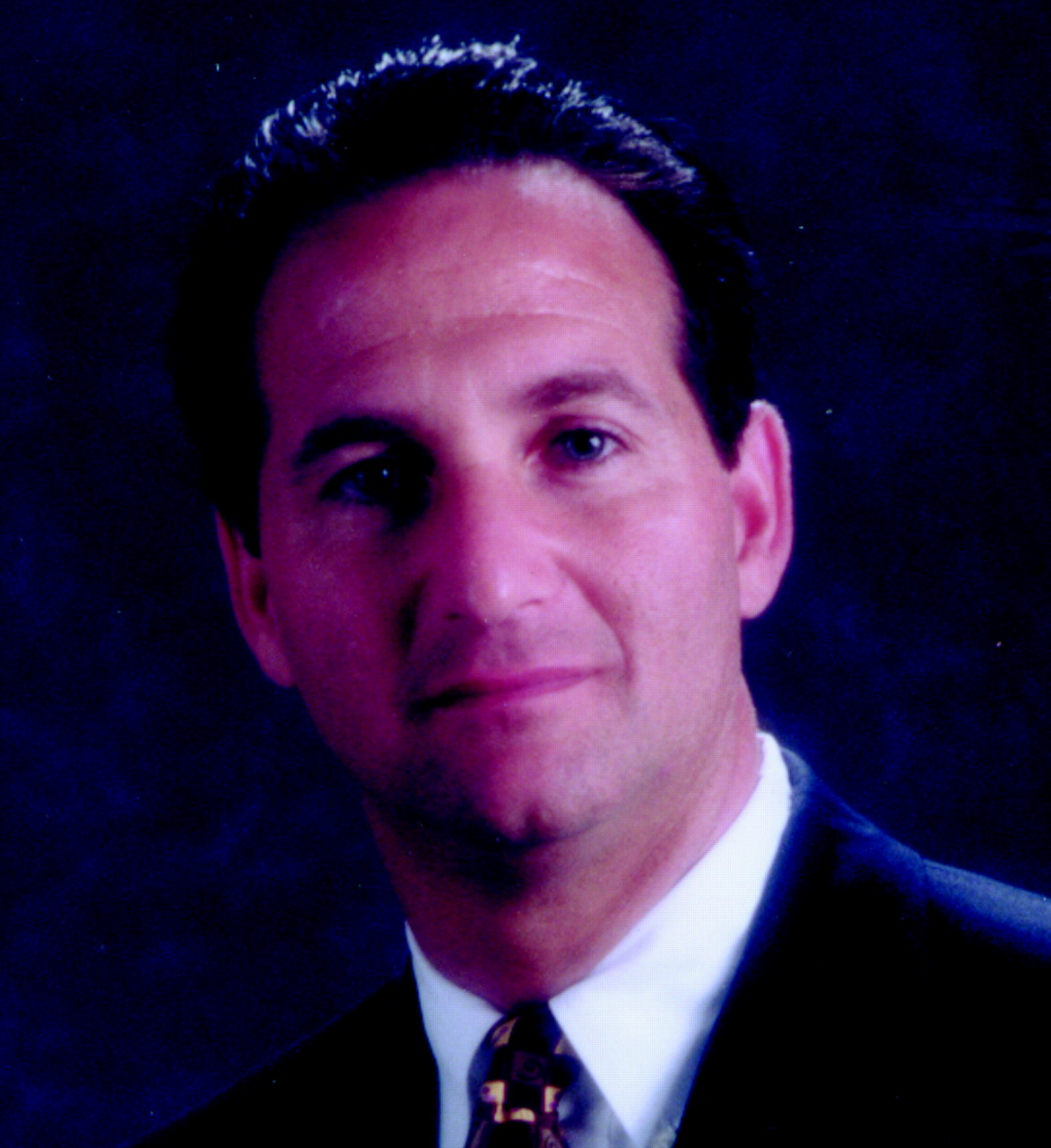There is a small but growing effort to educate judges and lawyers about mental illness, an especially timely initiative in light of the fact that more and more people with mental illness are ending up in the criminal justice system.
In Florida and New York these efforts include educational courses, a newsletter, Web site, and telephone hotline.
In Florida Judge Steven Leifman, associate administrative judge for the Criminal Division of Miami-Dade County Court, has developed a course explaining how judges can divert certain defendants with mental illness into treatment rather than jail. Last year he presented his course at national and Florida state judicial conferences. Later this year Leifman will present his course at two more Florida judicial conferences.
His course includes information on the growing trend to incarcerate people with mental illness and alternatives to incarceration, including Miami-Dade County’s diversion program, which won a 2001 Innovation Award from the Council of State Governments.
Need to Educate Judges
Leifman told Psychiatric News, “We have basically made mental illness a crime in this country. And it’s imperative that we educate judges about this issue [of incarcerating people with mental illness]. It has a huge impact on the court system. I don’t think most judges appreciate or understand that,” he said.
Besides teaching this course, Leifman cochairs his judicial circuit’s mental health committee. This committee spearheads a larger committee of 70 local people from the Miami-Dade area whose goal, Leifman explained, is “to reverse the trend of the criminalization of people with severe and persistent mental illness and make jail the last resort.” The committee, he added, has been instrumental in implementing Miami-Dade’s diversion program and other initiatives. The 70-member committee includes a psychiatrist and psychologist, as well as lawyers, police officers, nurses, corrections officers, and representatives of local health and human services agencies.
The county, Leifman explained, has the highest percentage of people with mental illness—9.1 percent—of any urban community in the United States, and on any given day 20 percent to 30 percent of the jail population has mental illness. Asked to speculate on this statistic, Leifman noted that “the national average is usually considered to be 3 percent, so we start with that. Then Miami picked up two or three percentage points from the Mariel Boat Lift in 1984, when Fidel Castro emptied Cuba’s psychiatric hospitals and shipped the patients to Miami. Then the area added another two or three percentage points because people from the Midwest and Northeast states sometimes send their mentally ill, homeless family members to Miami. They think it will be better for them to be homeless in warmer weather,” Leifman maintained.
He also represents his judicial circuit in a statewide mental health advocacy organization, Florida Partners in Crisis, whose members include judges, law enforcement officers, mental health care providers, and consumers.
Mental Illness Awareness
But that’s only part of what’s happening in Florida. Thanks to the hard work of Angela Vickers, a mental health advocate and lawyer, the Florida Bar Association’s “mandatory” continuing legal education (CLE) offerings now include the category of “Mental Illness Awareness” as one of the category options.
This is the first time a state bar association’s CLE offerings include a mental illness category, said Vickers, who said she has bipolar disorder. An advocate and educator, Vickers is active in numerous organizations, including Florida Partners in Crisis, and has spoken at many gatherings including the National Mental Health Association’s 2001 convention.
Using information from “Mental Health: A Report of the Surgeon General,” she developed a course for the “Mental Illness Awareness” CLE category, titled “Mental Illness Awareness and Substance Abuse: The Basics.”
Vickers wants other state bar associations to follow Florida’s example. To facilitate this, she gives numerous presentations to legal and mental health organizations explaining how attorneys can make similar changes to their bar association’s CLE offerings.
New York State
In New York state, the Law and Psychiatry Institute of the North Shore-Long Island Jewish (NS-LIJ) Health System is creating a newsletter, Web site, and telephone hotline on mental health topics as resources for the legal community. New York State Assembly representative Ann Corrozza sponsored a legislative initiative that granted $250,000 to the health system for this project.
It is anticipated that the telephone hotline will be made available to judges in Nassau, Suffolk, and Queens counties; the newsletter will be sent to judges as well as criminal and matrimonial lawyers in these three counties; and the Web site will be available to anyone.
The newsletter articles—written by judges, lawyers, and mental health clinicians—will offer information on medical and legal topics pertaining to mental health. Topics of local and national interest will be covered, said Deborah Reed, J.D., Psy.D., the Law and Psychiatry Institute’s associate director. The Web site will feature copies of the newsletters, links to mental health information sites, and information about local mental health services.
Judges using the hotline will be able to speak with mental health experts who can provide information about psychiatric disorders, local mental health services, and other topics.
“Our goal is to improve outcomes for court-involved persons with mental illness by raising awareness in the judicial and legal communities and by providing judges with rapid access to expert behavioral health information and consultation,” said Reed.
Other Initiatives
Other initiatives to address the issue of mentally ill people in the judicial system are also under way in New York.
For the first time, the New York State Office of Court Administration sponsored a judicial seminar on mental health. Ninety judges from Nassau and Suffolk counties attended the October 22, 2001, seminar “A Practical Guide to Mental Health Issues Facing Judges.”
The seminar’s main organizer was Judge A. Gail Prudenti, a Supreme Court justice for New York’s 10th Judicial District and an associate justice of the Appellate Division, Second Department.
The program began with Prudenti’s opening remarks. Then psychiatrist John Kane, M.D., the keynote speaker, presented medical information on several psychiatric disorders and their treatments. Kane is chair of the psychiatry department at Long Island Jewish Medical Center and vice president of behavioral health services at NS-LIJ Health System.
Following Kane’s presentation, the judges attended panel discussions. Topics for these panels included Kendra’s Law, assessing competence, medication, local behavioral health services, and other subjects. Finally, the group reconvened for an informal discussion period.
In addition, each judge received two huge binders with information to which he or she can refer as needed. Statutes and regulations pertaining to mental health, a listing of local mental health services, and fact sheets on psychiatric disorders and medications were among the materials included.
In her letter welcoming the judges to the seminar, Prudenti wrote, “An awareness and sensitivity to mental health issues can be an invaluable asset in dealing with a multitude of issues. As judges and justices, the more we can learn about this area, the better we can serve the people who come before us.” ▪

